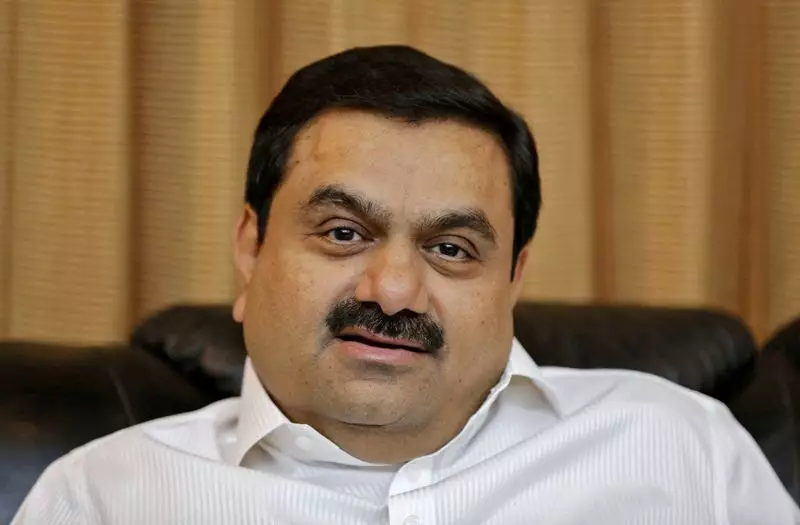Gautam Adani, the founder and chairman of the Adani Group, has finally addressed the serious allegations levied against him and his conglomerate by U.S. investigators involving a $265 million bribery scheme. This situation has escalated into one of the most significant crises for Adani Group in recent years, raising concerns not only within India but also attracting international scrutiny. The claims have sent tremors throughout the investment landscape, prompting existing and potential investors to reassess their engagements with the conglomerate’s multifaceted operations, which span sectors from ports to power generation.
During a recent event in Jaipur, Adani made a public statement asserting the group’s dedication to maintaining “world-class regulatory compliance.” His response followed a series of accusations accusing him, along with his nephew and other senior executives, of participating in corrupt practices to secure lucrative power supply contracts. Notably, his declaration comes in the wake of increasing political turmoil and a re-evaluation of investment strategies among international partners. TotalEnergies, the French multinational, has halted its investment decisions regarding the Adani Group, a move that reverberates throughout the global energy sector.
Following the allegations, the Adani Group’s market value took a significant hit, with around $34 billion effectively vanishing from listed companies associated with the group. This drastic financial decrease indicates how deeply intertwined Adani’s businesses are with global perceptions of compliance and integrity. However, it is crucial to highlight that recent investor rallies have led to some recovery in their stock prices.
As Gautam Adani addressed the situation, he emphasized that adversity could serve as a foundation for resilience, a sentiment that may resonate with stakeholders facing uncertainty in their investments. It remains to be seen whether this assertion is enough to convince skeptics that the Adani Group can navigate these turbulent waters without further implications.
The developments surrounding Adani Group’s troubles extend beyond mere allegations. They underscore a shifting landscape in corporate governance and international investment dynamics, particularly for large conglomerates operating in emerging markets like India. The effectiveness of governance, transparency, and regulatory compliance has become increasingly vital as public opinion shifts toward greater accountability from powerful business entities.
The political ramifications of the situation only compound the gravity of the context. Legislative discussions in India have already been influenced by the unfolding drama, demonstrating how corporate reputations can significantly intertwine with national politics.
In his bid to salvage the group’s reputation, Gautam Adani’s insistence on resilience and commitment to compliance will undoubtedly be put to the test in the coming weeks and months. The outcome of the ongoing investigations, along with the industry’s reaction to both the allegations and Adani’s responses, will be pivotal in shaping not only the future of the Adani Group but also the broader corporate governance narrative in India and beyond. As the situation unfolds, stakeholders will need to keep a close watch on how these allegations impact investor confidence and regulatory scrutiny in emerging markets.

